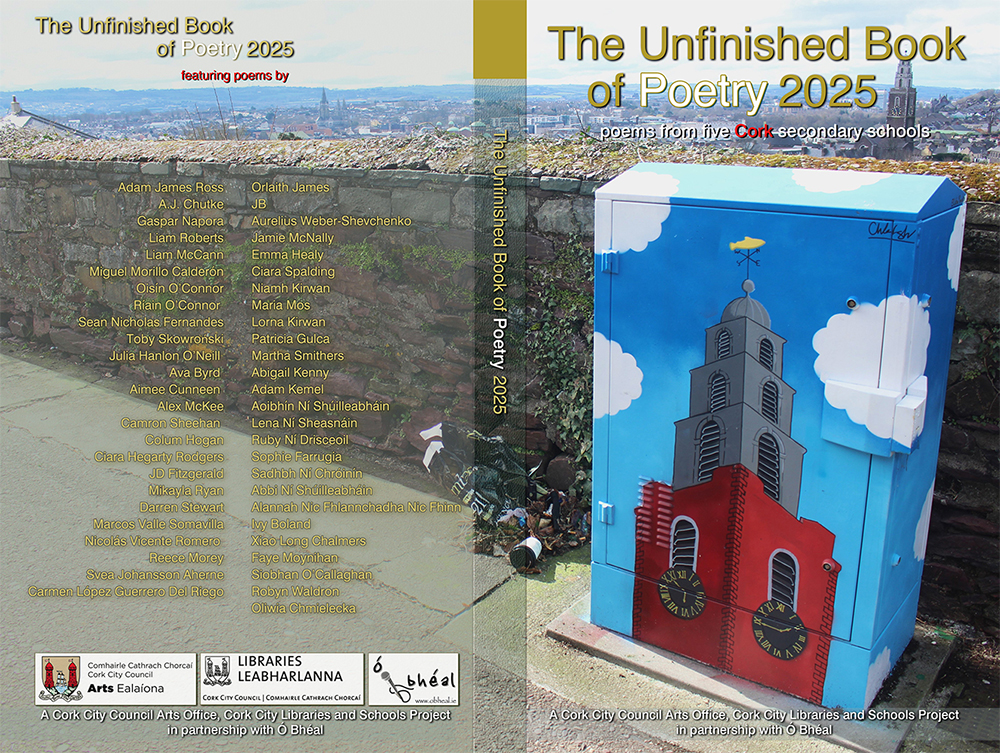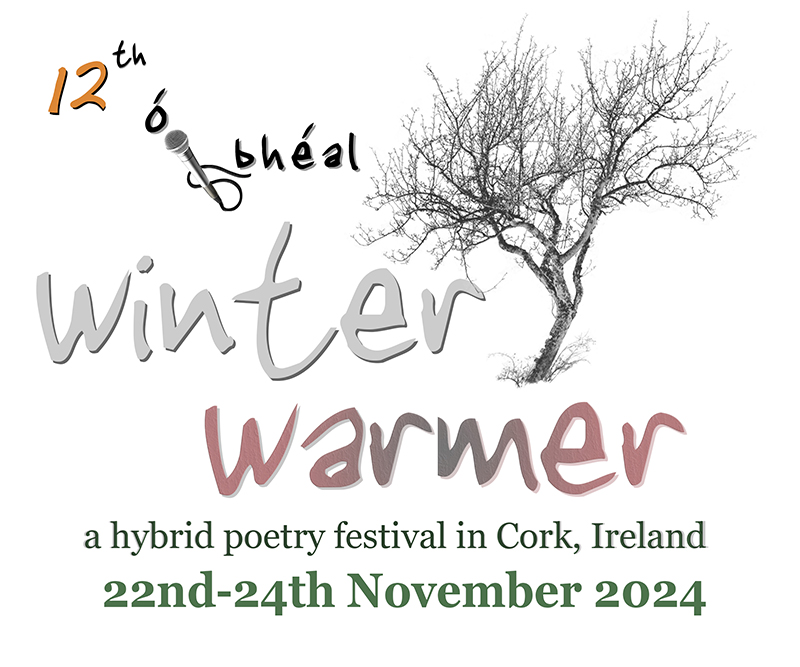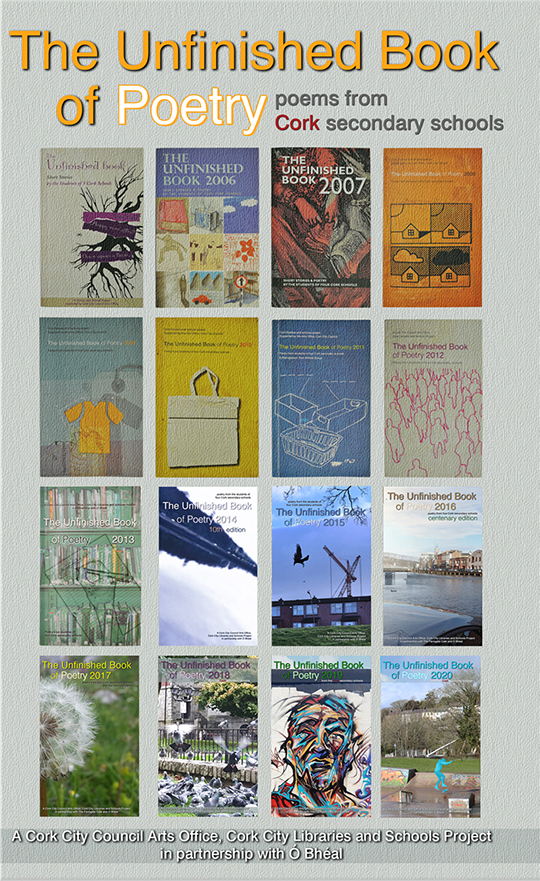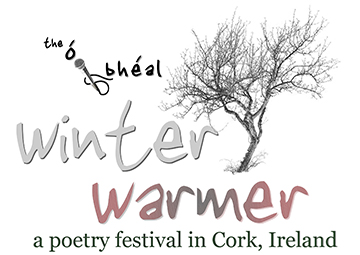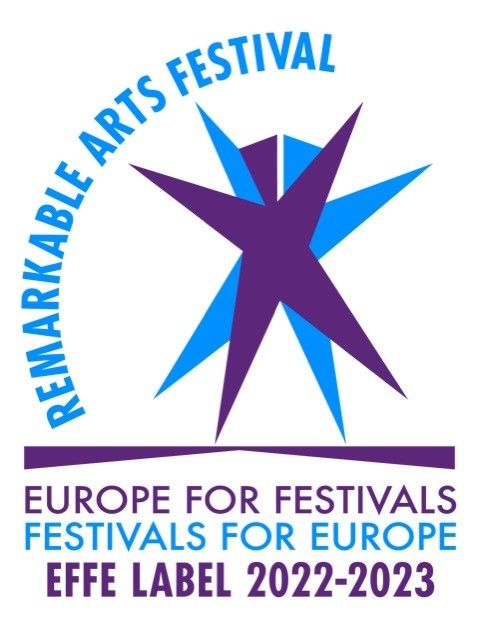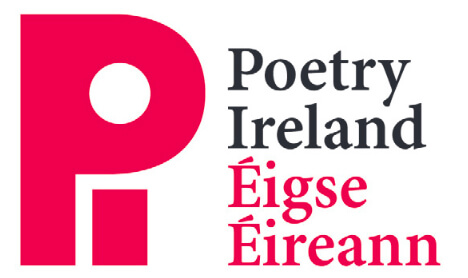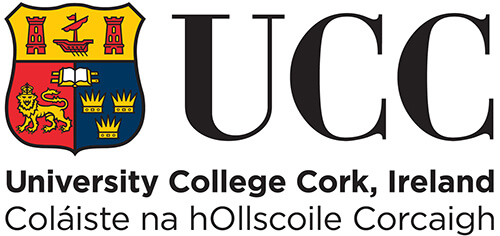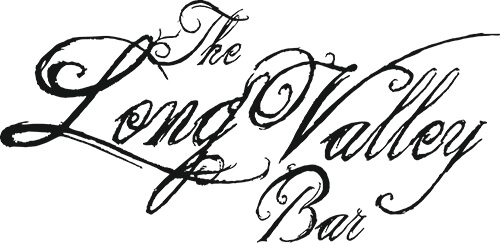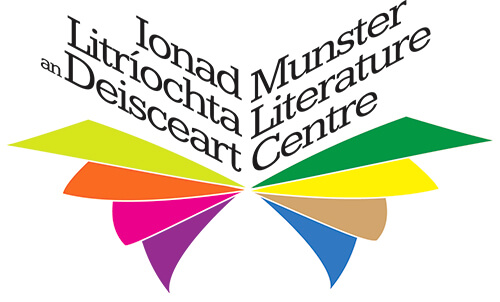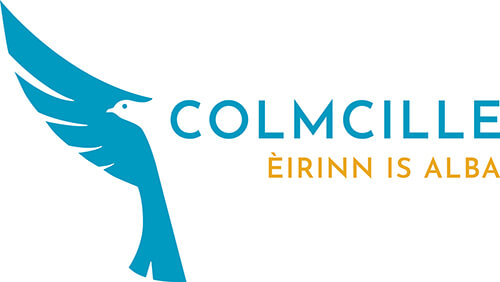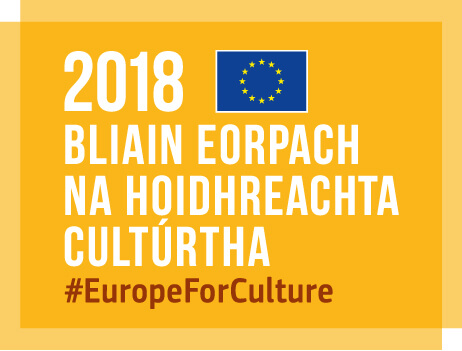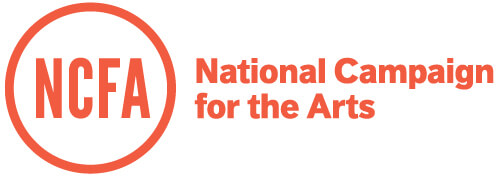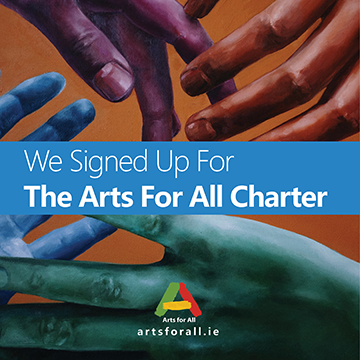Interviewed by Jennifer Matthews
JM: How do you think your work as a musician influences your writing? Do you think music can open doors for your writing and vice versa?
DT: As a songwriter as well as writing poetry I have always worked with words first. I try to find the music in the words I write so rhythm and metre are important to me. My natural inclination is to find a beat, once I have found that I can keep going and get the song/poem finished (in first draft form anyway).
Reading poetry has been a great advantage in my song writing because here are what I call refined ideas and often I get an idea and can write a song after reading a poem.
The main difference I find between writing poems and songs is that in poetry you really are looking to say things in a new way, whereas in songs you are always looking for something memorable – a hook, if you like. Some people will say that in song writing you go for the ‘lazy’ option or cliché but that’s not taking the music aspect into account. Words and music create a powerful momentum for communicating with people and at the end of the day (another cliché, sorry about that) if we are not touching our audience some way then we are like the tree falling in the forest with no one around – does it really make a sound!
JM: I was struck by your ‘list’ poems. Where did the original inspiration for these come from?
DT: I’m a lazy bastard at heart!
JM: Can you tell us a little about your revision process? Do you ever enlist the help of others to get a fresh perspective?
DT: I love to enlist the help of others but it’s very difficult to get honest critiques of your work. If I show a poem to a friend I nearly always disregard the comments. No matter how well you know or respect them it is almost impossible to get an objective view of the poem. I prefer to put the poems away and come back to them, sometime days weeks later, let them mature and the heat of first love has faded, so to speak. Invariably you see what’s wrong or right with it.
JM: The poems about your wife and the one about your brother were quite moving. Do you show poems to the people you write about?
DT: I have no set rule on this, sometimes I do, sometimes I don’t. I suppose like Montaigne I say things in public that I would never say to people individually.
JM: Childhood seems to be present and a theme in many of your poems. Do memories often serve as a source of inspiration for you?
DT: When I started writing poems I did not know where to start, the only source material was my past, so I used this as my raw material. This, in many ways, works as a cleansing of our psyche. Here we can explore and put to rest the pain of just growing up, etc. But you must take it further – I see many people come to our open-mic session in the White House with two or three really good poems, invariably about some personal past experience, and then they fall away either in terms of quality or quantity. It’s as if they’d yearned all their lives to get this out of their system and once they have done it, it’s enough. In many respects this is the art of poetry – drawing something out of your deepest core and giving it the light of day. I’m all for this, but it’s the people who go on to develop the craft of poetry who eventually derive the greatest satisfaction out of it and continue to write quality stuff. So, yes, my past and everyone else’s past is important but it’s the everyday ‘now’ that continues to sustain me in writing poetry.
